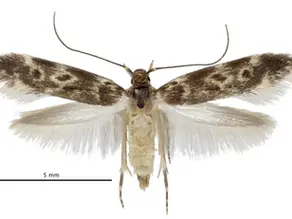
Conservation Priorities
Insects are Environmental Pillars
-
Insects are foundational not just ecosystems, but human society and well-being.
-
Conservation must be holistic and adaptive, reflecting the dynamic nature of ecosystems. Quoting Rachel Carson: “Like the resource it seeks to protect, wildlife conservation must be dynamic, changing as conditions change, seeking always to become more effective.”
Learn more about our priorities below.
Public Awareness and Education
-
Busting myths and highlight insect strengths and environmental importance.
-
Drive engagement as the first step toward meaningful conservation and research planning.
"The more clearly we can focus our attention on the wonders and realities of the universe about us, the less taste we shall have for destruction." - Rachel Carson, Silent Spring
Research and Monitoring
-
Entomological science beyond agriculture and vector control is drastically underfunded.
-
Many entomologists are retiring, with few successors stepping up.
-
GEC invites explorers, citizen scientists, and the public to help continue, and kickstart long-term studies, produce essential research, and inform policy with unbiased findings.
Agricultural Innovation
-
Agriculture remains one of the greatest threats to insect diversity through large-scale land conversion, pesticide use, and short-sighted practices.
-
GEC supports research and outreach that addresses systemic barriers to change, including policy resistance, funding misalignment, and lack of public awareness.
Entomophagy: A Restorative Solution
-
Promoting entomophagy (the consumption of insects) is a key strategy to reduce environmental pressure from agricultural systems. Eating insects could actually save insects!
-
Insects offer a high-protein, nutrient-dense, low-impact alternative to conventional livestock, and estimated to only require 1% of the land, water, and feed with 1% of the greenhouse gas emission. This could also provide new economic outlets and food security for millions.
-
GEC works with chefs, educators, and scientists to normalize insect consumption, develop educational resources, and support ethical insect farming practices.
-
Entomophagy connects cultural traditions, food security, and conservation, making it a critical component to the future food systems.












